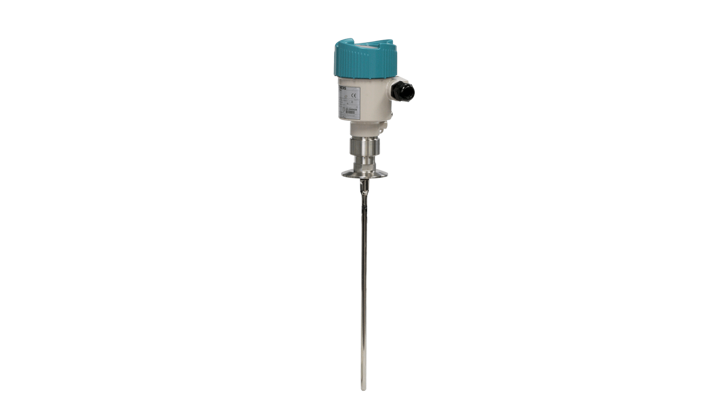Knowing exactly how much media is present in a tank or how much product is in a cargo hold is essential for running a ship. The measurement is usually performed by a level instrument using methods such as radar, ultrasonic, electrical capacity, floaters (relays) or pressure. A level measurement can be used in many applications e.g. automating the loading and transfer of cargo, ballast water and fuel to their respective tanks as well as ensure the stability of the vessel via level based trim monitoring.
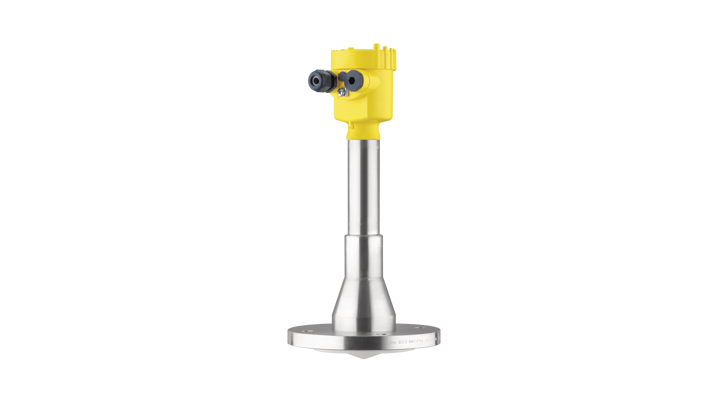
Radar - Liquids
VEGAPULS 63 Level measurement
Level measurement in aggressive fluids under difficult conditions and hygienic applications. Measuring range up to 20 m and process temperature between -200 ... + 200 ° C
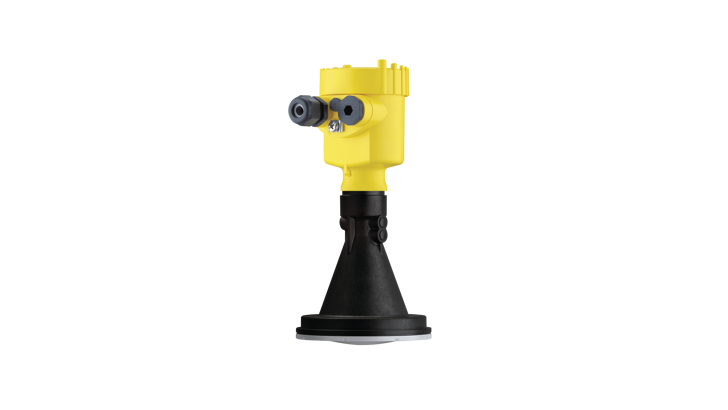
Radar - Liquids
VEGAPULS 64 Level measurement
80GHz radar for level measurement in all conditions. Measuring range up to 30m
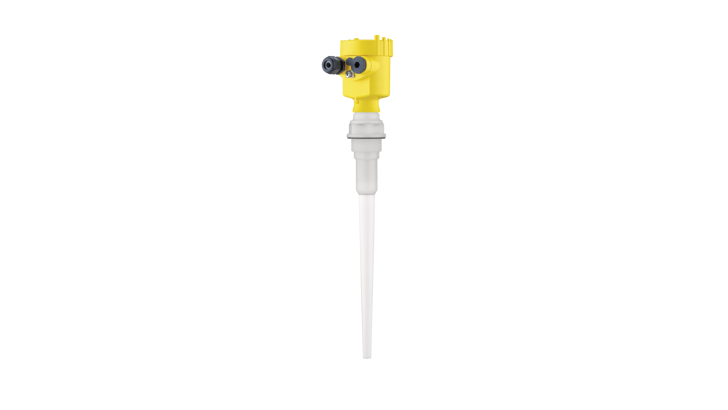
Radar - Liquids
VEGAPULS 65 Level measurement
Level measurement in aggressive fluids under uncomplicated conditions. Measuring range up to 35 m and process temperature between -40 ... + 150 °C
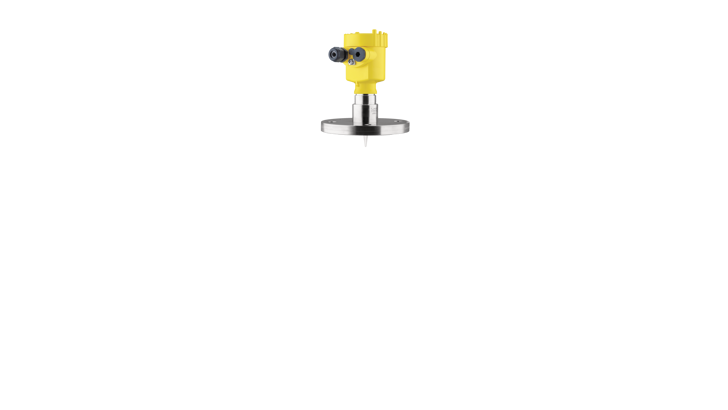
Radar - Bulk solids & liquids
VEGAPULS 66 Level measurement
Level measurement in liquids and solids in all industries under difficult conditions. Measuring range up to 35 m and process temperature between -60 ... + 400 °C
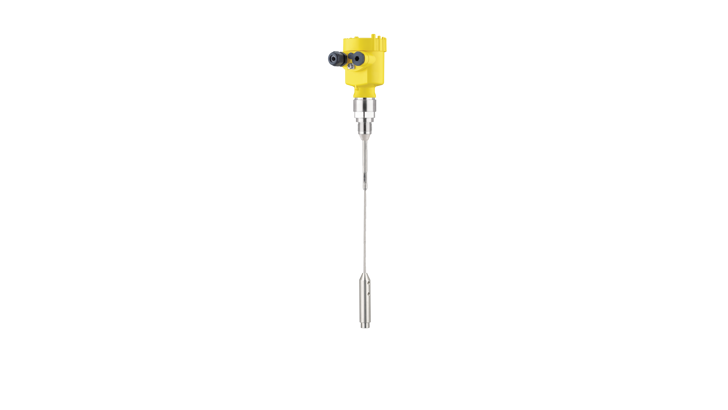
Guided Microwave Radar - Liquids
VEGAFLEX 81
Level and interface measurement in liquids. Measurement range: wire up to 75 m and rod up to 6 m - process temperature between -40 ° C… 200 ° C.
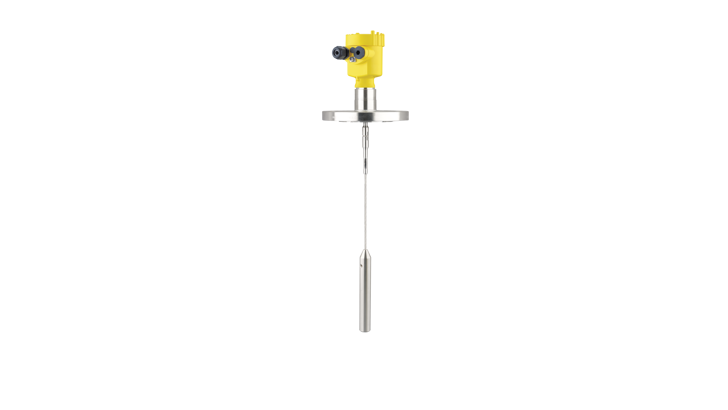
Guided Microwave Radar - Bulk solids
VEGAFLEX 82
Level measurement in solids. Measurement range: wire up to 75 m and rod up to 6 m - process temperature between -40 ° C… 200 ° C.
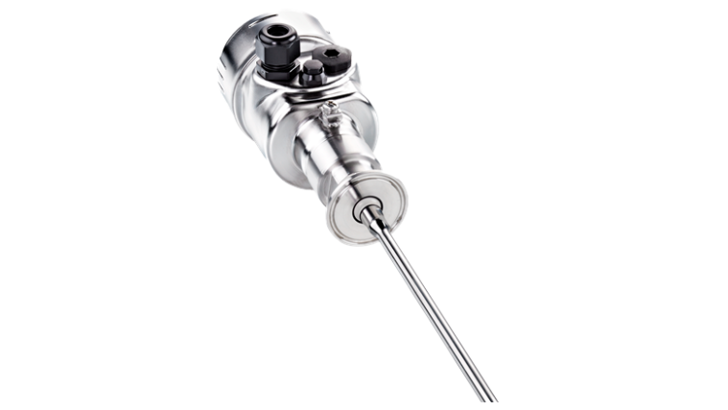
Guided Microwave Radar - Liquids
VEGAFLEX 83
Level and interface measurement for agressive liquids or liquid media in food and pharmaceutical products. Measuring range: wire up to 35 m and rod up to 4 m - process temperature between -40 °C… 150 °C.
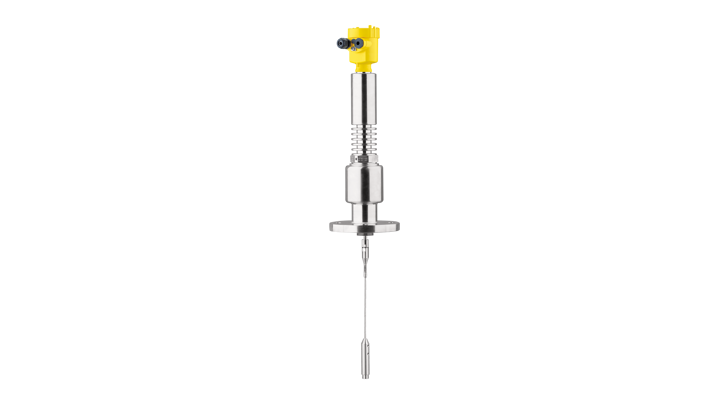
Guided Microwave Radar
VEGAFLEX 86
Level and interface measurement in liquids and level measurement in solids at high temperature and high pressure. Measuring range: wire up to 75 m and rod up to 6 m - process temperature between -196 ° C… 450 ° C, process pressure between -1… 400 bar.
No results found
Level
The Basics of Level Measurement
Level measurement is basicly measuring the quantity of a product within a vessel/tank. This could be either a soild or liquid substance like oil, chemicals or coal. The level measurement device is usually placed on the top of the vessel or the bottom/side depending on the measuring princible.
When doing a continuous level measurement a level transmitter detects the level of a medium in a tank and converts it into an electrical signal. The level signal can be displayed locally or incorporated into an on board management system.
A point level detection is a level transmitter which detects when a certain predefined level is reached. A switching command starts or stops filling equipment or similar from the sensor signal.
We offer level sensors across all the different measuring principels which includes:
- Radar
- Guided Wave Radar
- Ultrasonic
- Capacitive
- Hydrostatic
- Radiation-based
- Vibration
Guidance to Choosing the Correct Level Sensor
We have been supplying level sensors of almost all types for decades, and we know which type of instrument would be most appropriate for your application, based on your requirements to accuracy, conditions where it should be used and what your end-purpose with the sensor is. We will gladly assist you in choosing the correct instrument with the desired characteristics and features, and we aim to provide a satisfactory solution to your needs the first time. Regardless if your focus on accuracy, special ambient conditions, ease of installation or price. As we have all supporting functions in-house, we can even help you with installation, maintenance, repair or up-stream signals integration.
